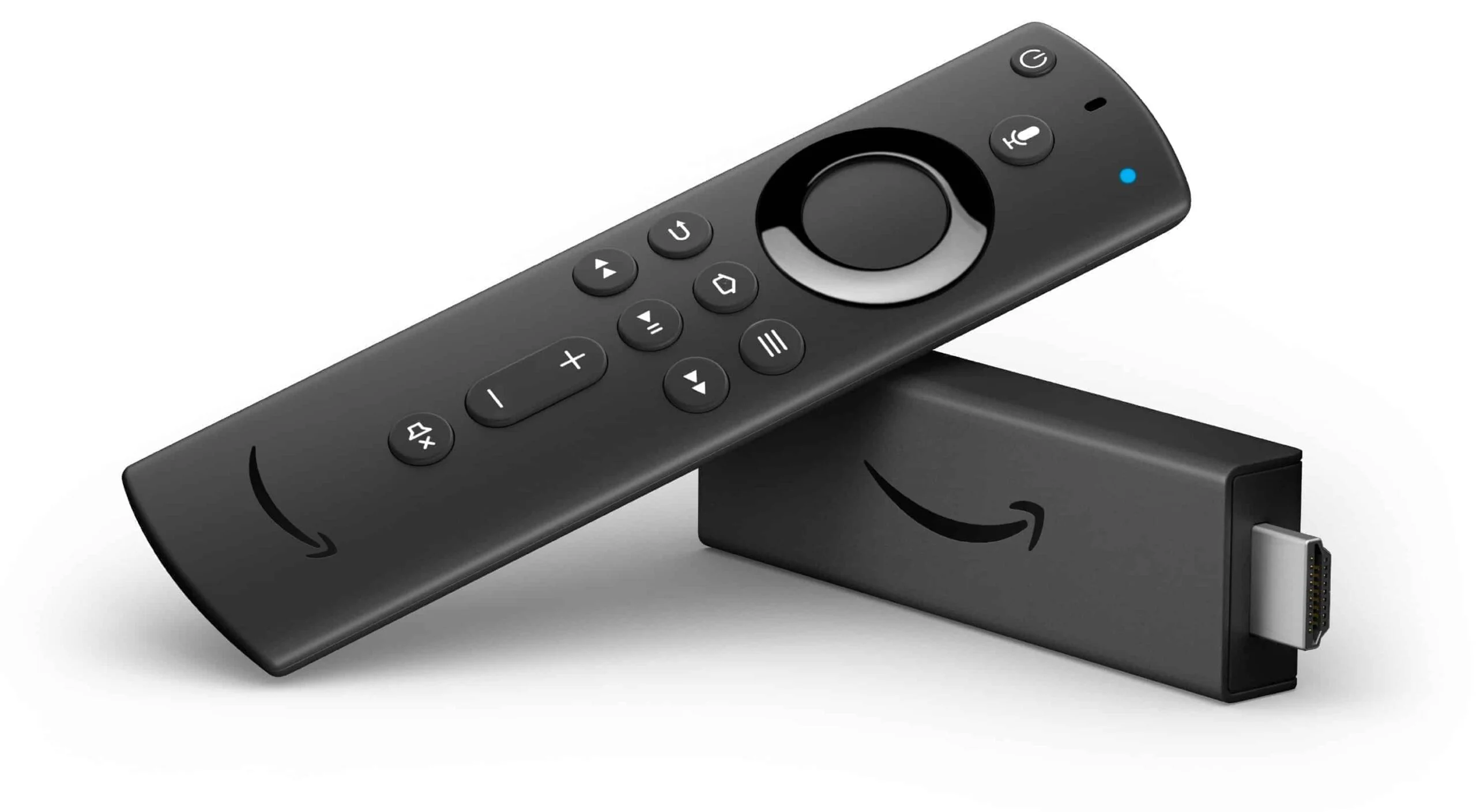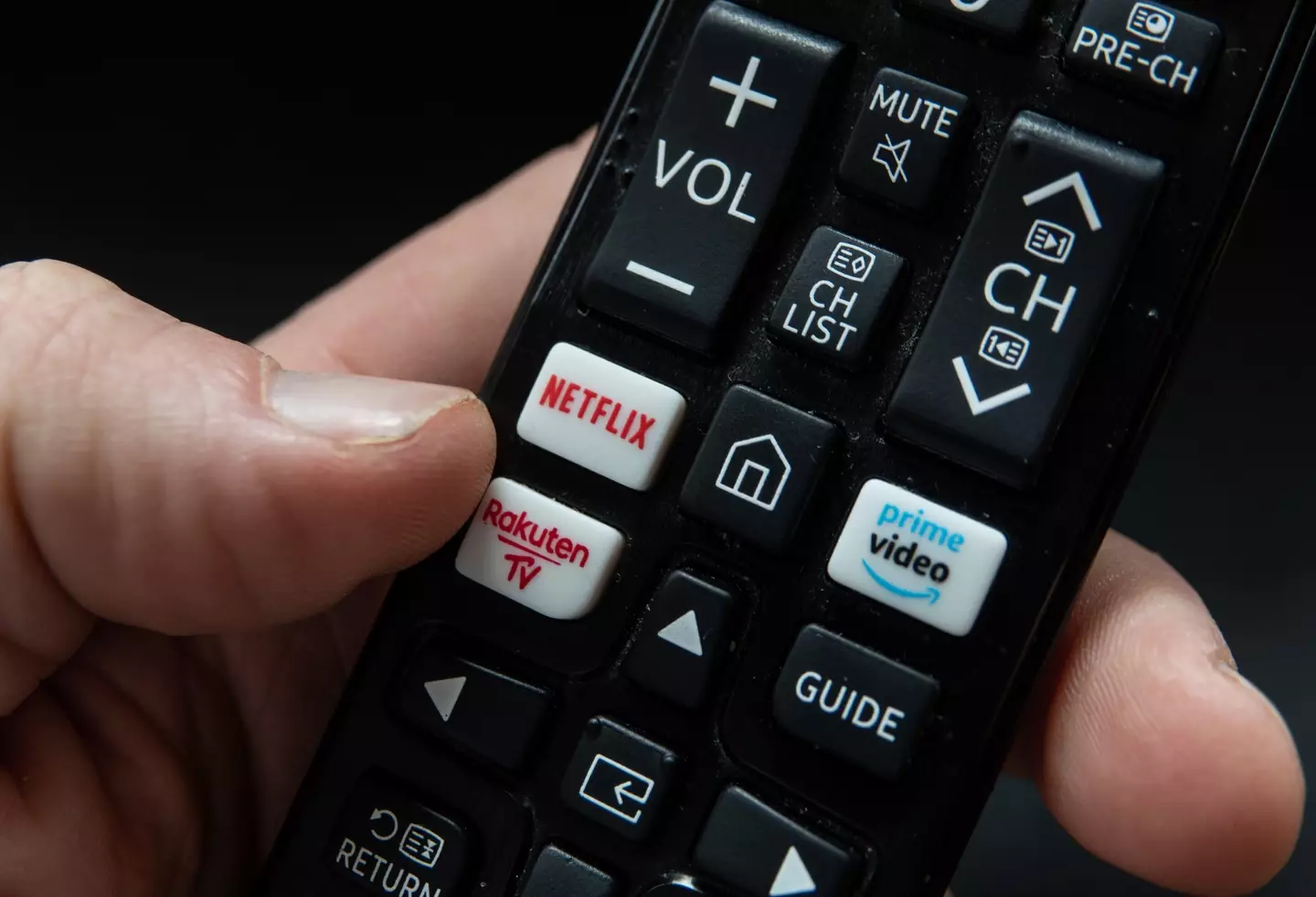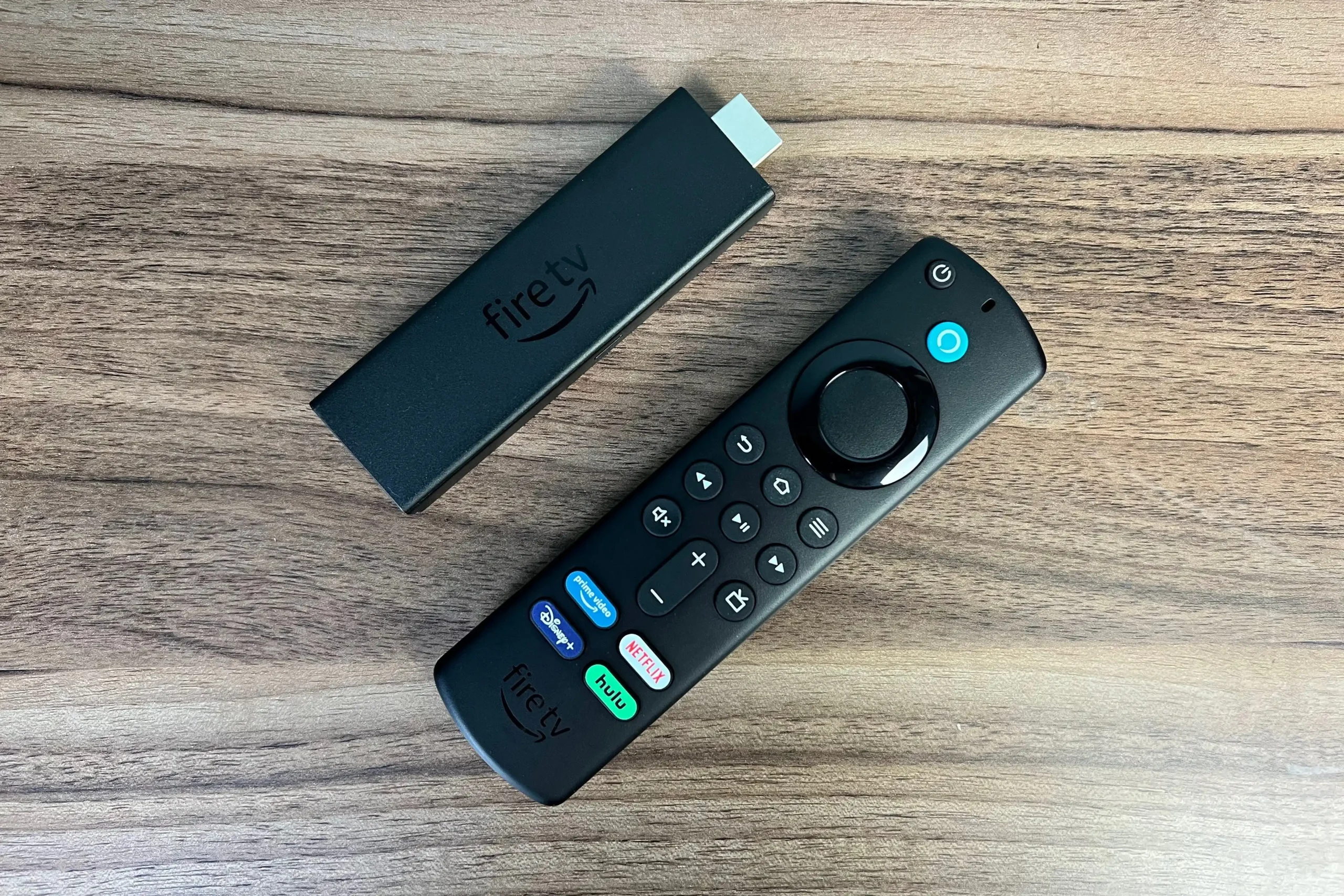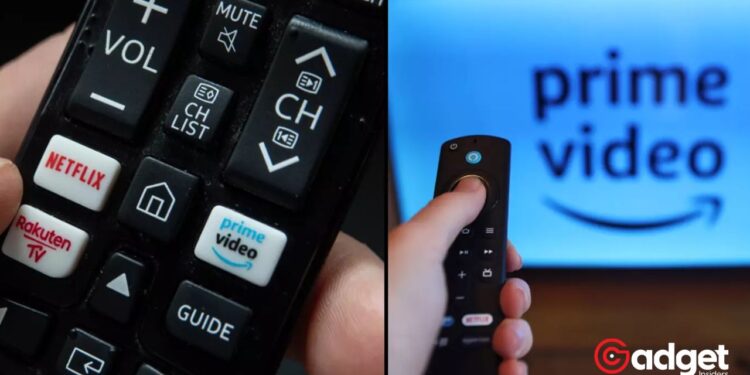In an era where digital content is king, the temptation to access premium entertainment through backdoor methods is higher than ever. With the rapid advancement of technology, viewers are finding novel ways to sidestep traditional subscription models, leading to a significant uptick in the use of Internet Protocol Television (IPTV) and modified streaming devices. Among these, the ‘jailbroken’ Amazon Fire Stick has become synonymous with illegal streaming, offering a gateway to content that would typically require a hefty subscription fee.
However, this practice has caught the attention of legal authorities and copyright holders, leading to groundbreaking legal actions that aim to curb the tide of digital piracy.
IPTV: A Double-Edged Sword
IPTV, while a revolutionary technology that promises to reshape the way we consume television, comes with its legal quandaries. The technology itself is not illegal; it offers a legal and innovative platform for streaming content over the Internet.
However, the allure of accessing paid content for free through illicit apps installed on devices like the Amazon Fire Stick has led to a surge in copyright infringement cases. This phenomenon, often dubbed as the use of ‘dodgy sticks’, involves modifying the device’s operating system to install unauthorized streaming applications.
The Legal Frontiers
The implications of using IPTV and Amazon Fire Stick for illegal streaming have recently been brought into sharper focus with a landmark court ruling from Barcelona. In an unprecedented move, the city’s Commercial Court has granted the power to track and prosecute individuals streaming copyrighted content without authorization, specifically targeting fans of the top Spanish football league, La Liga.
This ruling mandates broadband suppliers to disclose the details of users connecting to illicit streaming servers through IPTV and Amazon Fire Stick, a decision that could set a precedent for copyright law enforcement across Europe.

La Liga Leads the Charge
Under the stewardship of La Liga president Javier Tebas, the fight against illegal streaming through Amazon Fire Stick has intensified.
The president of La Liga, Javier Tebas said the ‘issue is simple’, saying: “In an order it has been decreed that TV operators are obliged to give La Liga clients who connect to certain IP addresses through Amazon Fire Stick that we will provide them.” Tebas also described the fines as ‘damages’ because it is ‘illegal to consume this content for free’.

The Question of Anonymity
The ruling raises questions about the effectiveness of using Virtual Private Networks (VPNs) to evade detection. VPNs, known for their ability to mask a user’s real IP address, offer a semblance of anonymity online.
However, the specificity of the court’s order to target certain IP addresses suggests that the fight against piracy is becoming more sophisticated, potentially outpacing the anonymity that VPNs provide.
IPTV and 'jailbroken' Amazon Fire Stick users can now be tracked and fined for illegal streaminghttps://t.co/6hlXDl11E3
— LADbible (@ladbible) March 12, 2024
A United Front Against Piracy
The crackdown on illegal streaming extends beyond Spain’s borders, with the UK witnessing concerted efforts to dismantle networks providing unauthorized access to content. The collaboration between the Police Intellectual Property Crime Unit (PIPCU) at City of London Police, the Premier League, and the Federation Against Copyright Theft (FACT) illustrates a united front in the battle against digital piracy.
This coalition has already made significant inroads, with arrests and questioning sending a clear message to those involved in the illicit streaming ecosystem.

Amazon Fire Stick: The Road Ahead
As the legal landscape surrounding IPTV and Amazon Fire Stick illegal streaming continues to evolve, viewers and providers alike are navigating a minefield of ethical and legal considerations.
The recent developments serve as a reminder of the ongoing tension between technological innovation and copyright law, urging consumers to consider the ramifications of their digital choices.
With copyright holders and legal authorities doubling down on enforcement, the message is clear: the era of unchecked illegal streaming is coming to an end.










